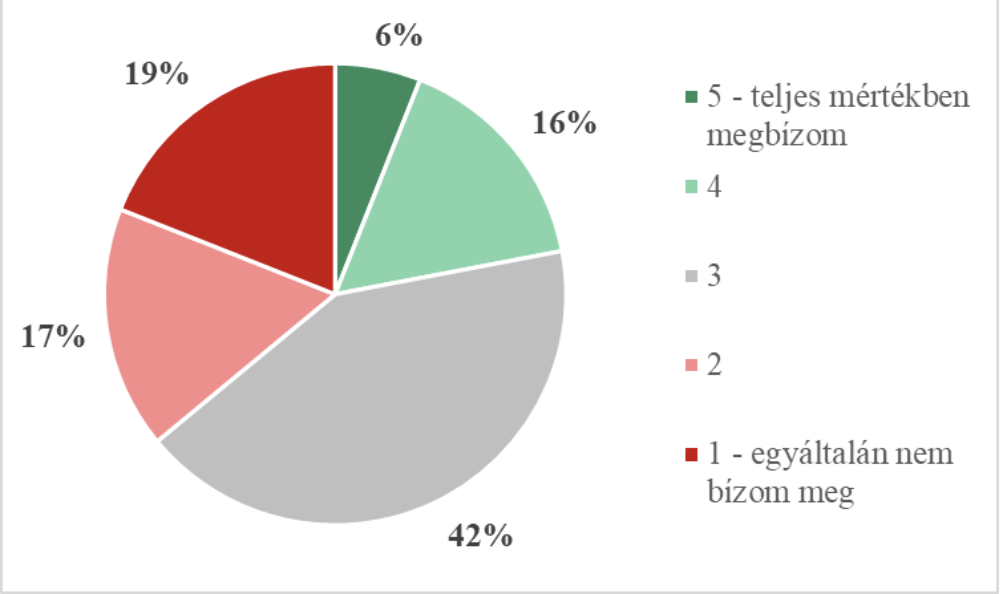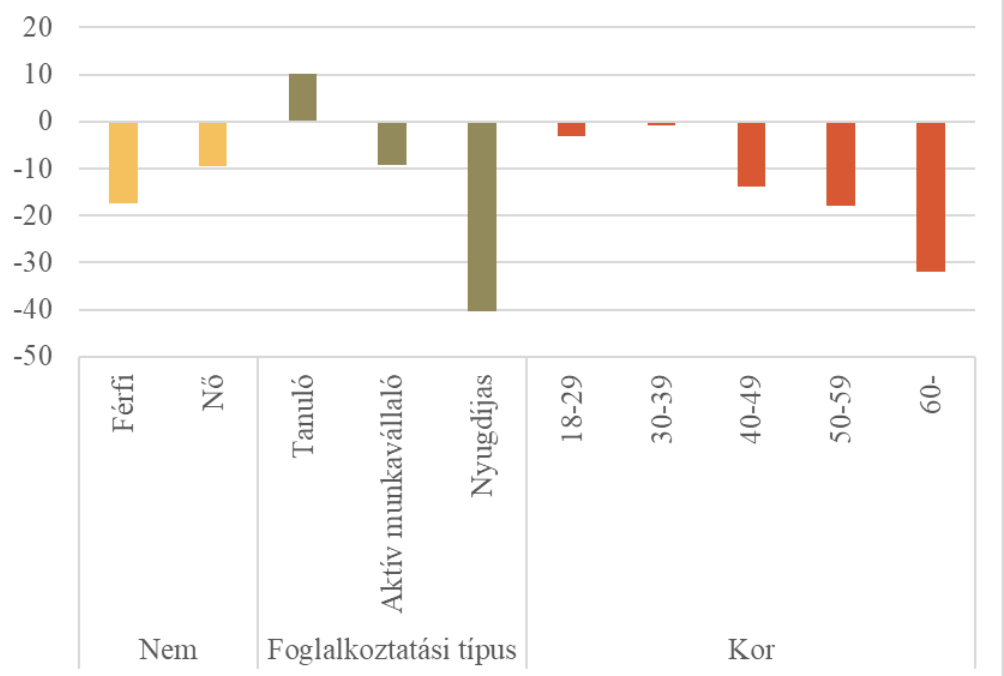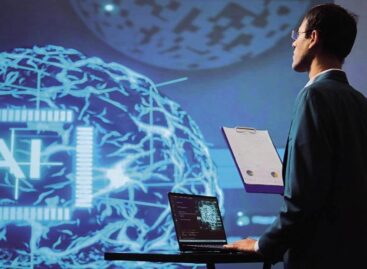GKI Analysis: Trust may be the key to the spread of artificial intelligence
In July, GKI conducted a survey on a representative sample of 1,000 people to assess the prevalence of artificial intelligence (AI) among the population.
How much do people trust AI?
 AI is a popular topic in conversations at home and at work. Some consider AI-generated content reliable (22%), but more are skeptical (36%), while the majority sits in the middle (42%).
AI is a popular topic in conversations at home and at work. Some consider AI-generated content reliable (22%), but more are skeptical (36%), while the majority sits in the middle (42%).
Interestingly, those who use AI more frequently tend to trust it more. Of course, the relationship is mutual: why would someone use AI if they otherwise deemed it unreliable? In any case, as AI technology advances and the user base expands, public trust is likely to grow.
How much do you trust AI-generated content? (%)

Source: GKI survey
What does the demographic breakdown show?
There is only one demographic group that tends to trust AI more than not: students. The picture is slightly negative among active workers, while retirees are typically skeptical. In general, the older someone is, the less they trust AI, and men are slightly less trusting than women.
Trust in artificial intelligence — balance value by gender, occupation and age group (lower values indicate lower levels of trust)

Source: GKI survey. Note: responses were rescaled to a scale from -100 to +100, where -100 indicates a complete lack of trust, 0 indicates moderate trust, and +100 indicates very high trust
International outlook — we lag behind, but the potential is large
According to the KPMG and University of Melbourne study, out of 47 countries Hungary ranks seventh from the bottom in regular AI use, third from the bottom in workplace use frequency, and last in the share of people participating in AI training. Nevertheless, Hungarians trust AI more than the average.
There is therefore significant potential for AI adoption in Hungary. The existing trust provides a solid basis for companies, educational institutions and government programs to support AI-related skills development, public education and practical applications.
Related news
The GKI business climate index rose in February
🎧 Hallgasd a cikket: Lejátszás Szünet Folytatás Leállítás Nyelv: Auto…
Read more >Related news
Historic price reduction at ALDI
🎧 Hallgasd a cikket: Lejátszás Szünet Folytatás Leállítás Nyelv: Auto…
Read more >








